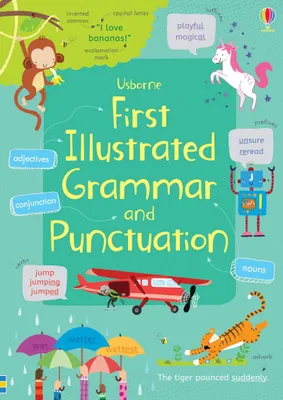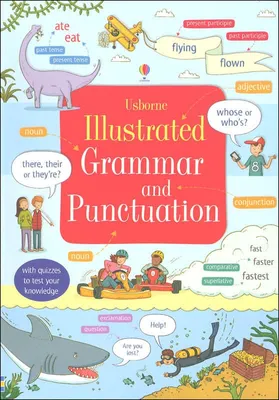Home
Greek Grammar Accidence (Classic Reprint)



Greek Grammar Accidence (Classic Reprint)
Current price: $31.47
Loading Inventory...
Size: OS
Excerpt from Greek Grammar Accidence
Pythagorean philosophers (also the work of the philosopher Timaeus of Locri in Italy and a friend of Plato), and most Of the fragments of Archytas of' Tarentum (who lived' about 400 b.c.) are spurious they all Show a curious mixture of Doric, Lesbian, and Ionic forms. Most of the fragments of Philolaus of Croton, a contemporary of Socrates, and some of those of Archytas of Tarentum are genuine; both of these philosophers were Pyth agoreans. The Rhodian Doric is represented in the fragments of the lyric poet Timocreon, a contemporary of Themistocles. The text of the Laconian popular decree in Thucydides, 5, 77, is not in pure Laconian; the treaty between the Lacedaemonians and Argives in Thucydides, 5, 79, is in ordinary mild Doric. Aristophanes' Lysistrata has a number of lines in Laconian Doric (81 980 if, 1076 ff., 1042 if, 1297 in the Acharnians, 729 if, a Megarian Speaks in his dialect. The spurious letters of the Tyrant Periander of Corinth in Diogenes Laertius I., 99, 100, are supposed to be in the Corinthian dialect. The popular decree of the Byzantines, a Megarian colony, in Demosthenes' Oration on the Crown, 90, is probably spurious and has a mixture of stricter and milder forms, whereas the Byzantine inscriptions Show only the milder forms. For the Doric of Tragedy, see 10.
About the Publisher
Forgotten Books publishes hundreds of thousands of rare and classic books. Find more at www.forgottenbooks.com
This book is a reproduction of an important historical work. Forgotten Books uses state-of-the-art technology to digitally reconstruct the work, preserving the original format whilst repairing imperfections present in the aged copy. In rare cases, an imperfection in the original, such as a blemish or missing page, may be replicated in our edition. We do, however, repair the vast majority of imperfections successfully; any imperfections that remain are intentionally left to preserve the state of such historical works.


















